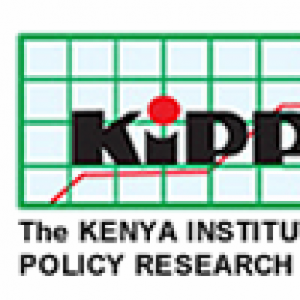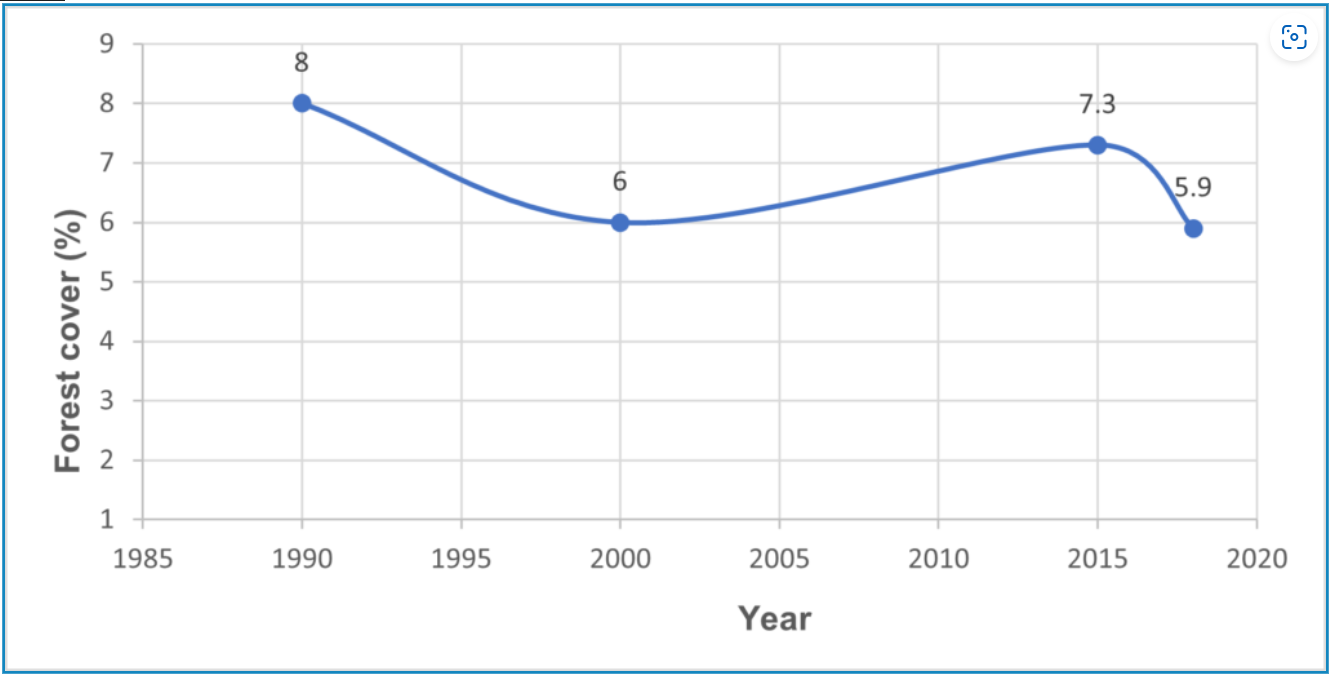President Uhuru Kenyatta through his Big Four Agenda seeks to leave a legacy. The Big Four Agenda is an outline of four major projects focusing on how to improve the economy of the nation and the betterment of citizens’ living standards. The four agendas of concern are food security, manufacturing (emphasizing job creation), affordable housing, and universal health cover. It is prudent to admit the steps made towards the achievement of the plan. Similarly, the country still has a lot to do to fully realize these blueprint proposals owing to the potential our country has.
The effects of Covid-19 Pandemic in the realization of the Big Four Agenda
Covid-19 has negative socio-economic impacts on life. The adversity of the pandemic can be linked to the number of jobs lost and lost income by individuals. Several businesses collapsed due to the low supply and demand power of the market. The collapse of businesses accelerated the problem of unemployment since organizations had to lay off some workers to enable them to survive the hard economic times of the pandemic. Lack of income is a threat to food security.
The government lost revenues due to the closure of several sectors of the economy as well as a reduced foreign exchange which accrues from the exportation of Kenyan products. Funds accrued from revenues and taxes used to promote the Big-Four-Agenda was used to sustain essential services such as procurement of personal protective equipment (PPEs), purchasing vaccines and employing more health workers.
Lockdowns, which were imposed in some parts of the country termed as hot spot zones, and restrictions on movement slowed the economic activities. It also negatively influenced the transportation of agricultural produce from farms to the markets. Such policies greatly affected food production as well as supply while propelling the crisis of food insecurity.
These among others are the effects of Covid-19 dragging the attainment of the Big Four Agenda. For instance, the government diverted the funds meant for propelling the agendas to other sectors to ensure that the pandemic does not spread beyond control. Taxes were lowered to help cushion Kenyans. Cessation of movement slowed food distribution, which majorly triggered food insecurity.
Kenya’s potentials to recover from the socio-economic shocks of Covid-19
Kenya has the capabilities to speedily recover from the effects of Covid-19. Her capabilities lie in her several unexploited resources such as more untapped arable lands, plenty of water and technological advancements. Also, policies focusing on the recovery of the economy such as loans to farmers, attracting foreign investors among others can do well in promoting the Big-Four-Agenda and help bring back the dwindling economy on track.
Policy interventions to exploit the potential to promote the realization of the Big Four Agenda; Food Security.
Full exploitation of the natural resources within the country; Kenya has several untapped arable lands which are very productive. Kenya has several sources of water, lakes, rivers, dams, and even the Indian Ocean, which can be used in irrigation farming. Irrigation farming facilitates perennial food production.
Subsidies on farm inputs; the government should subside the price of farm inputs such as fertilizers, seeds, and chemicals used in agriculture. This policy will attract more individuals who shun away farming because of the high cost of farm inputs.
Invest in storage and distribution infrastructure and processing factories. Farm produce cannot be consumed all at once. Therefore the need for storage facilities for keeping the surplus produce. Distribution infrastructure such as roads should be improved to facilitate fast and easy movement of produce from farms to consumers or markets.
Promotion of programs aiming at maximizing agricultural production and providing solutions to farmers’ problems. A good example of such a program is PlantVillage which has a website, mobile app and experts on the ground. The program is to help farmers identify diseases and pests affecting their crops. This program helped control the locust swarm which raised the food insecurity in Kenya at the onset of Covid-19.
Climate-Smart Agriculture; promotes practices that sustainably increase food production and control climate change. Examples of CSA are soil management, low-carbon agriculture, etc.
Educating the public on efficient consumption habits. The public should be sensitized on how to efficiently consume the available food without wastage. By minimizing wastage other people could be fed from the surplus.
Lastly, the government should come up with interventions to curb corruption. Kenya loses over Kshs. 2billion daily due to corruption, as stated by the Kenyan president in one of his press addresses. Sealing all the loopholes for corruption will make the government save a lot of money which can be used to develop the agricultural sector in the country, as a result, the problem of food insecurity shall have been solved.
In addition to the above policies, diverse agriculture, favoring market policies to the small scale farmers, loans to farmers, agricultural technology, Maintenance and extension of water structures and systems, promoting the harvesting of rainwater, and increased domestic consumption can help Kenya recover from the socio-economic impacts of Covid-19 and realize the food security agenda by 2030. Climate change hinders food production hence the need for the government to ensure that policies aimed at controlling the menace, such as planting more trees and protection of forest reserves, are implemented. Permit me to appeal to every Kenyan that agriculture is the backbone of our country’s economy and the sole food producer. Therefore, every Kenyan individual should cherish agriculture and start farming, however little, so that we collectively eradicate food insecurity in Kenya.
By Otieno Steve Austine, a student at Jaramogi Oginga Odinga University of Science and Technology





